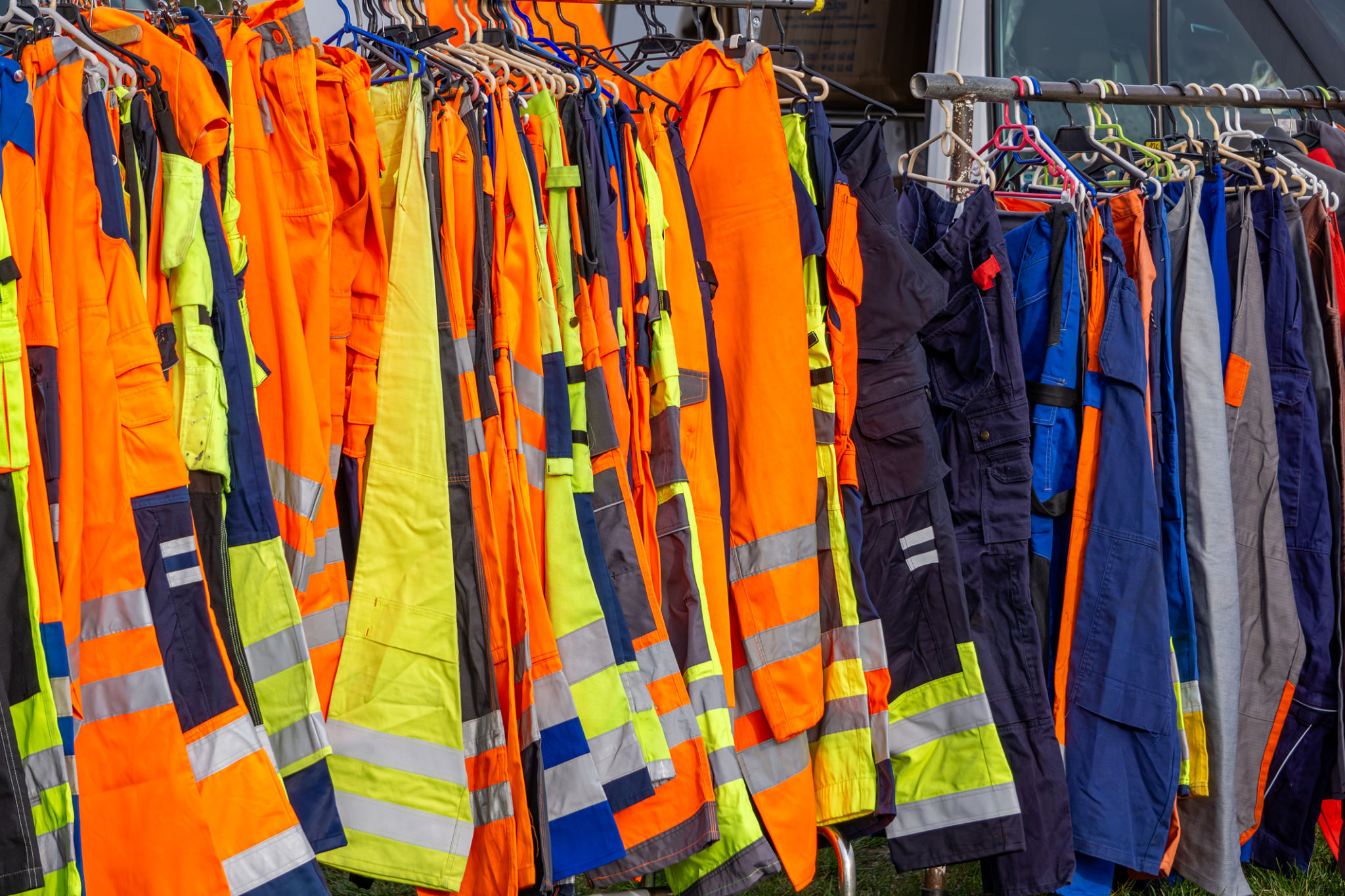Top Tips for Conducting an Underground Utility Survey Safely
Understanding the Importance of Underground Utility Surveys
Conducting an underground utility survey is a crucial step in any construction or excavation project. These surveys help in identifying the location of utility lines, such as gas, water, and electricity, to avoid accidental damage. Ensuring safety during these surveys is paramount, not only to protect workers but also to prevent costly damages and service disruptions.

Preparing for the Survey
Gathering Necessary Information
Before starting an underground utility survey, it is essential to gather all relevant information about the site. This includes obtaining existing utility maps or records from local authorities or utility companies. Having accurate data helps in planning the survey effectively and minimizes the risk of missing any crucial utility lines.
Ensuring Proper Training
Training is vital for personnel involved in conducting the survey. Proper training ensures that employees understand the equipment being used and are aware of the potential hazards they might encounter. It is important to periodically update training to include new technologies and safety protocols.
Using the Right Equipment
Selecting Appropriate Tools
The selection of appropriate tools and technology is critical for a successful underground utility survey. Commonly used tools include ground-penetrating radar (GPR), electromagnetic locators, and acoustic listening devices. Choosing the right equipment based on site conditions can significantly enhance the accuracy of the survey.

Maintenance and Calibration
Regular maintenance and calibration of survey equipment are necessary to ensure their accuracy and reliability. Equipment should be checked before each use, and any faults should be rectified immediately. Properly maintained tools help in avoiding false readings and ensure the safety of the operation.
Ensuring On-Site Safety
Implementing Safety Protocols
Establishing clear safety protocols is essential during an underground utility survey. These protocols should include wearing appropriate personal protective equipment (PPE), setting up barriers around the work area, and ensuring that all personnel are aware of emergency procedures. Safety protocols help in minimizing risks and protecting workers.

Communicating with Team Members
Effective communication among team members is crucial for conducting a safe and successful survey. Regular meetings or briefings should be held to discuss the progress of the survey and address any potential issues. Clear communication ensures that everyone is on the same page and can respond quickly in case of emergencies.
Documenting and Reviewing Findings
Accurate Record Keeping
After completing an underground utility survey, it is important to document the findings accurately. Detailed records should include maps, photographs, and notes on any utilities located. This documentation serves as a reference for future projects and helps in maintaining site safety over time.
Reviewing and Updating Procedures
Finally, conducting regular reviews of survey procedures helps in identifying areas for improvement. This includes analyzing past surveys to identify any common issues or challenges faced during the process. Updating procedures based on these reviews ensures continuous improvement in safety and efficiency for future surveys.
